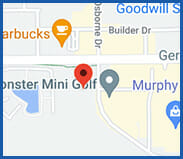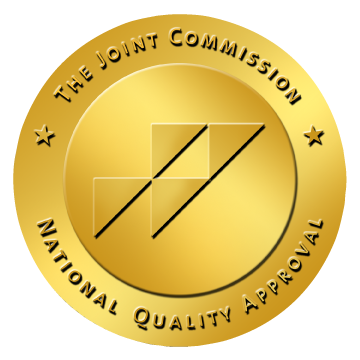Benefits Include:
Outpatient detoxification
Individual and group counseling
Behavioral therapy
Peer support
FDA-approved medication, if needed

What Are Opioids?
Opioids are drugs that bind to opioid receptors in the brain and spinal cord to relieve pain. Opioids include illegal drugs like heroin, as well as prescription medications like oxycodone, hydrocodone, and fentanyl.
Some of the most commonly abused opioids include:
Some of the most commonly abused opioids include:
- Codeine
- Fentanyl
- Hydrocodone
- Hydromorphone
- Methadone
- Oxycodone
- Oxymorphone
What Makes Opioids Addictive?
Opioids also produce a feeling of pleasure by increasing the release of the neurotransmitter dopamine. These effects make opioids highly addictive. In fact, studies have shown that just one dose of an opioid can change the structure of the brain and make it more difficult to resist taking the drug again. Over time, these changes can lead to compulsive drug-seeking behavior, despite the negative consequences. As a result, opioids are among the most addictive substances currently available.
Signs Of Opioid Addiction
There are many different signs of opioid addiction. Some of the most common include:
Taking opioids without the presence of pain
Borrowing medication from others
Seeking the same prescriptions from multiple doctors to have a “backup” supply
Changes in mood and behavior
Experiencing withdrawal symptoms when opioids are unavailable
Isolated behavior
Financial difficulties
Relationship problems
If you or someone you know is showing signs of opioid addiction, seek professional help as soon as possible. With treatment, it is possible to recover from this disease and lead a healthy, productive life.
Long-Term Effects Of Opioid Addiction
Opioids are narcotic drugs that are commonly used to treat pain. Even though the use of opioids can lead to short-term relief from pain, the long-term effects of opioids can be devastating.
Prolonged use of opioids can lead to tolerance, dependence, and addiction. Opioids also carry the risk of:
Prolonged use of opioids can lead to tolerance, dependence, and addiction. Opioids also carry the risk of:
Respiratory depression
Overdose
Liver damage
Kidney disease
Gastrointestinal problems
Treatment For Opioid Addiction
Like other forms of addiction, opioid use disorder can be treated by detoxing the body and undergoing behavioral therapy.
- Detoxification. Detoxing from opioids can be a difficult and uncomfortable process, but it is an important first step in recovering from addiction. As the body adjusts to the absence of opioids, many people experience withdrawal symptoms like nausea, vomiting, diarrhea, and muscle aches. These symptoms can last for several days or weeks.
- Behavioral therapy. This type of therapy focuses on changing thoughts and behavior patterns that contribute to addiction. Through individual or group counseling, our clients learn skills to manage their triggers, cravings, and stressors. They also develop a support network to help them stay on track with their recovery. Behavioral therapy can be even more effective when combined with medications like buprenorphine or naltrexone.
Here at ICAN, we offer the following treatment services for opioid addiction:
- Outpatient detox
- Intensive Outpatient (IOP), In-person or virtual
- Outpatient (OP), In-person or virtual
- Medication-Assisted Treatment (MAT)



